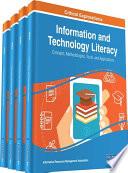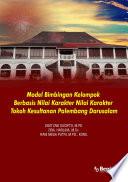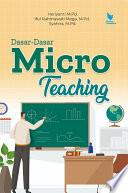
Evaluasi Proses dan Hasil Belajar (EPHB) Matematika dengan Diskusi dan Simulasi (DiSi)
Buku ini berisi tentang Evaluasi Proses dan Hasil Belajar (EPHB) dalam pembelajaran matematika yang mengandung kegiatan diskusi dan simulasi. Hal ini bertujuan agar mahasiswa memiliki pengalaman langsung sehingga lebih mudah dalam mengingat dan memahami setiap pembahasan pada buku ini. Pada buku ini terdapat sekilas penjelasan kemampuan-kemampuan berpikir matematik, seperti kemampuan penalaran matematik, kemampuan pemahaman konsep, dan lainnya. Selain itu, buku ini pun menjelaskan contoh-contoh soal tes maupun non tes yang berhubungan dengan pembelajaran matematika.
- ISBN 13 : 6021078950
- ISBN 10 : 9786021078952
- Judul : Evaluasi Proses dan Hasil Belajar (EPHB) Matematika dengan Diskusi dan Simulasi (DiSi)
- Pengarang : Ayu Faradillah, Windia Hadi, Slamet Soro,
- Kategori : Education
- Penerbit : Uhamka Press
- Bahasa : id
- Tahun : 2020
- Halaman : 127
- Google Book : https://play.google.com/store/books/details?id=Fy7sDwAAQBAJ&source=gbs_api
-
Ketersediaan :
Buku ini berisi tentang Evaluasi Proses dan Hasil Belajar (EPHB) dalam pembelajaran matematika yang mengandung kegiatan diskusi dan simulasi.







